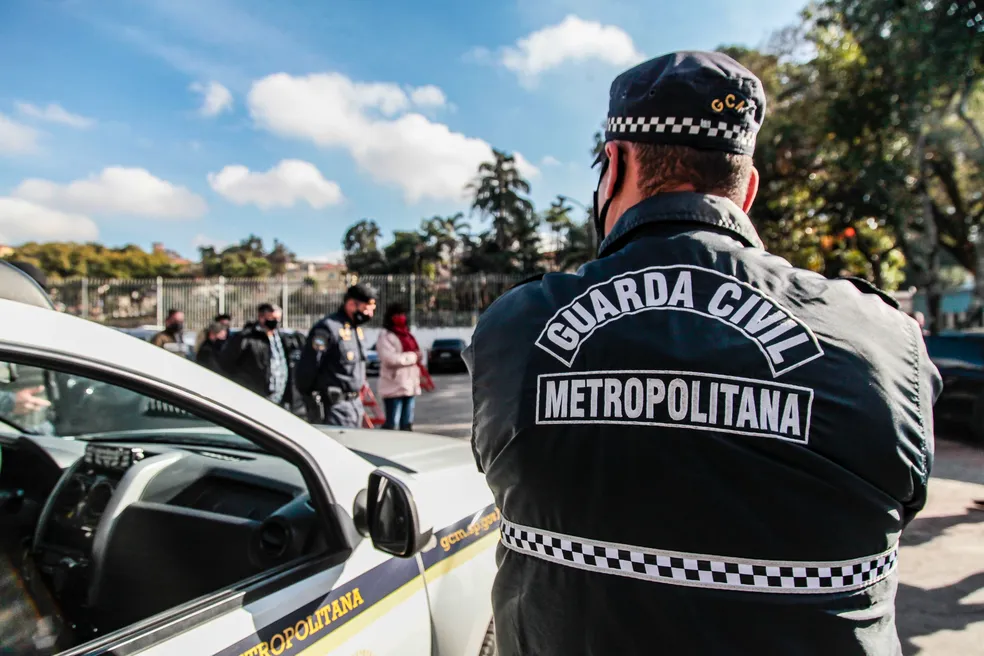The City of São Paulo has submitted a bill to the City Council proposing a bonus of up to R$1,000 for members of the Municipal Civil Guard (GCM) who participate in the recovery of stolen, robbed, or tampered motorcycles. In a statement released on Tuesday (01/07), Mayor Ricardo Nunes’s (MDB) administration explained that the measure is intended to encourage GCM officers to combat crime and the circulation of irregular vehicles in the city. The bonus will be granted per recovered motorcycle, contingent upon official confirmation of the GCM’s involvement and validation by the appropriate authority.
This Content Is Only For Subscribers
To unlock this content, subscribe to INTERLIRA Reports.
Increase in Motorcycle Thefts
A study conducted by Fundação Escola de Comércio Álvares Penteado (Fecap) in partnership with the tracking company Tracker revealed that motorcycle thefts and robberies in São Paulo rose by 9% in 2024 compared to the previous year. The number of stolen motorcycles increased from 14,185 to 15,474. The data was derived from police reports filed with the São Paulo Civil Police.
Robberies of High-Powered Motorcycles
Another report by tracking company Ituran, based on Civil Police data, shows that 8 out of 10 high-powered motorcycles stolen in the São Paulo metropolitan area were taken during robberies. In 2024, 3,173 police reports were filed involving motorcycles with engines of 500 cc or more. Of these, 2,496 were classified as robberies, accounting for 78.21% of the total.
Weekend Incidents
Unlike smaller motorcycles, luxury bikes are usually kept in garages or parking facilities and are typically used on weekends, when crime rates spike. According to the study, 45% of such incidents occur on Saturdays and Sundays. The neighborhoods with the highest number of reported cases in São Paulo are Centro, Tatuapé, and Ipiranga. Furthermore, 45% of these crimes happen at night.
Legal Authority of Civil Guards
In February, the Federal Supreme Court (STF) ruled that municipal civil guards have the legal authority to act as police officers. The justices upheld the constitutionality of municipal laws granting these powers. As a result, civil guards are authorized to conduct overt and community policing, respond to behavior that threatens people, property, or public services, carry out personal searches, and arrest individuals caught in the act. The Public Prosecutor’s Office will be responsible for overseeing external control of these activities.
Analysis:
The City of São Paulo’s proposal to offer bonuses to Municipal Civil Guard (GCM) officers for recovering stolen or tampered motorcycles appears to be a quick response to the rising number of such crimes in the city. With thefts and robberies of motorcycles—particularly high-powered models—on the rise, the measure aims to incentivize proactive policing and recognize operational results.
However, public security experts have criticized the initiative. According to them, this type of bonus structure is vulnerable to manipulation, especially when rewards are tied to the recovery of stolen property or arrests. In his view, more effective and less distortable performance incentives are typically linked to the sustained reduction of crime indicators—something that requires strategic planning, data-driven intelligence, and long-term policies, rather than isolated actions.
As such, while the bonus may generate short-term engagement among officers, it risks encouraging selective enforcement, internal competition, or questionable practices to secure quick wins.




